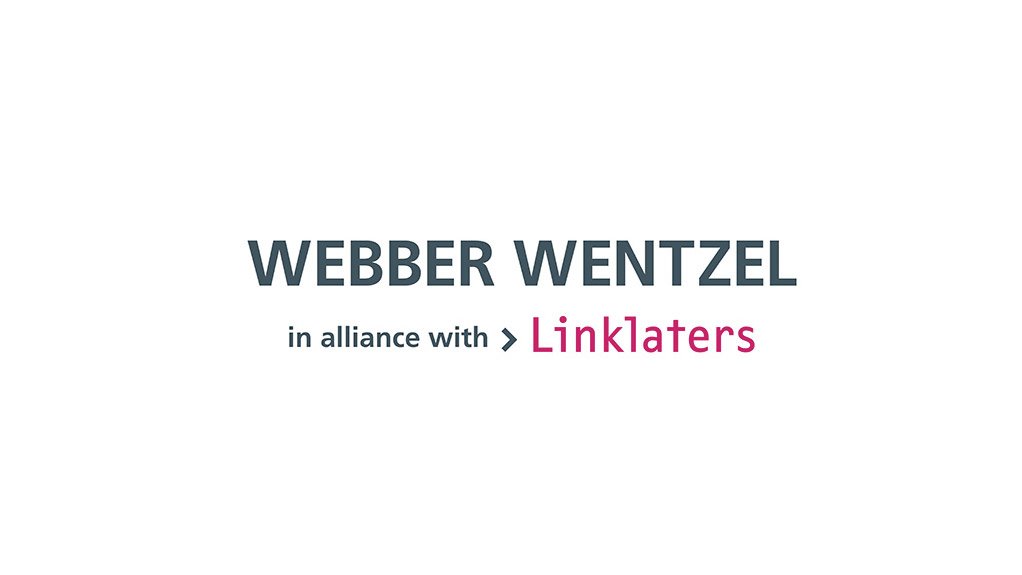While emotions might run high during a business disagreement, choosing the right dispute resolution method is a practical decision. Dispute resolution attorneys understand this and that it is inevitable for disputes to arise. For this reason, companies must grasp and understand how international arbitrations work, so as to be well-equipped to navigate disputes effectively when they occur.
Unlike domestic arbitration, which can be relatively straightforward, where parties are generally of the same nationality with businesses operating in the same country under the same legal system, international arbitration is designed to address disputes where:
- parties' places of business are in different states at the time of concluding the agreement;
- the place of arbitration specified in the arbitration agreement is situated outside the state where the parties have their places of business;
- a significant portion of the commercial obligations is to be performed at a location other than where the parties are based;
- the dispute's subject matter is closely tied to another jurisdiction; or
- finally, if the parties explicitly agree that the arbitration agreement pertains to more than one state.
Recent international arbitration trends demonstrate how intertwined international arbitration is in the commercial world. International arbitration is the key dispute resolution mechanism under most construction contracts. It is also the common method for resolving disputes in the metaverse – with many online user agreements containing arbitration clauses, including digital and crypto assets, smart contracts, blockchain, fintech, cybersecurity and data protection disputes. As ESG-related clauses have become common in commercial agreements (including responsible business commitments, climate change and sustainability commitments, net-zero goals, anti-discrimination commitments, and human rights), the expectation has increased that these ESG issues will soon become the subject of arbitrations. The prolificity of international arbitration as a method for resolving disputes should not be underestimated.
International arbitration 101
A dispute can only be referred to arbitration if the parties agree to do so. Arbitration continues to be the preferred method for resolving disputes in cross-border transactions and investments primarily because the parties may choose the defining aspects of the arbitration proceedings and arbitral awards are generally enforceable internationally. However, the parties also can decide further aspects of how such an arbitration will take shape. If the parties agree on these issues, it may assist the arbitration to proceed quickly and smoothly and avoid interlocutory disputes. With international arbitration in particular, complicated questions can arise because of the dispute being connected to multiple jurisdictions, such as: which state's law should govern my dispute? Which arbitral institution should administer my dispute? How will an arbitral award be enforced? And practical considerations such as: where should the arbitration hearing take place (the venue)? How should arbitrators be chosen? What are the costs associated with the arbitration institution administering the arbitration?
All these questions are reasons businesses should carefully consider a dispute resolution strategy at the time of entering into any commercial contracts when parties are still willing to co-operate and agree on dispute resolution mechanisms. This will ensure that the dispute resolution clause adequately covers these considerations. This is a risk mitigation measure to place a party in the best position possible to handle a dispute if one arises.
Key considerations that businesses should be cognisant of when providing input into these clauses are set out below.
With many commercial contracts containing arbitration clauses, businesses that conduct cross-border operations or do business with entities in other jurisdictions, should look for opportunities to engage with and keep up to date with the most recent international arbitration trends and the latest developments of various arbitral institutions.
Written by Erin Warmington, Partner & Brittany Leroni, Associate, Webber Wentzel
EMAIL THIS ARTICLE SAVE THIS ARTICLE ARTICLE ENQUIRY
To subscribe email subscriptions@creamermedia.co.za or click here
To advertise email advertising@creamermedia.co.za or click here











